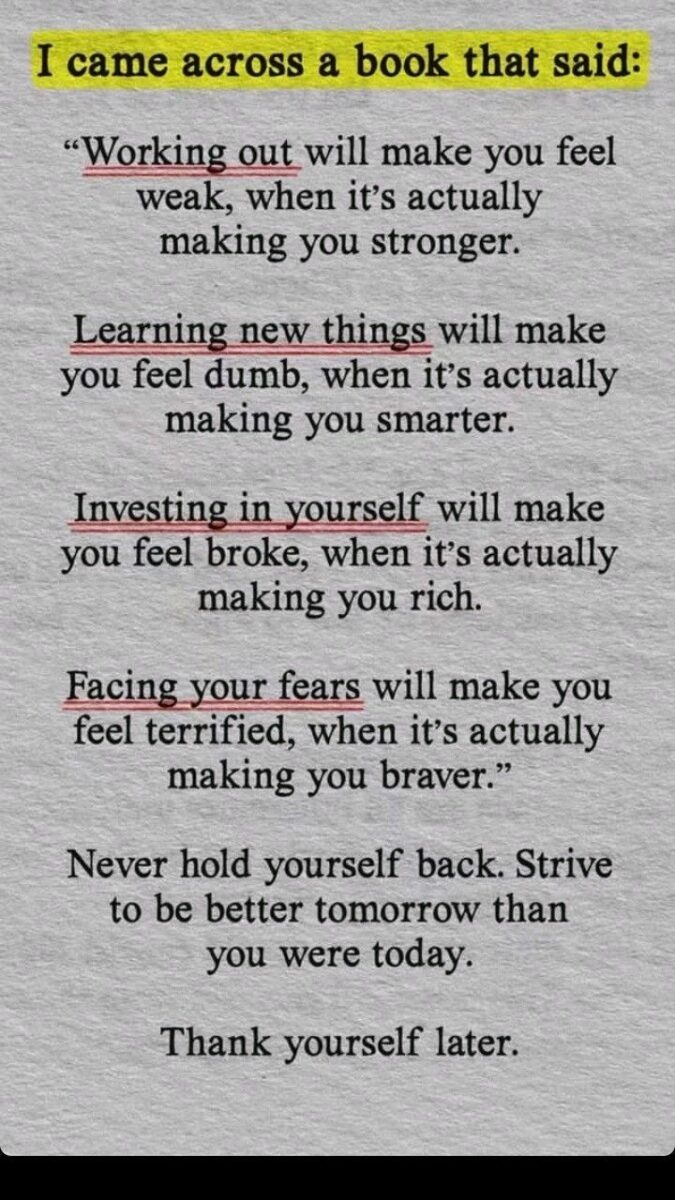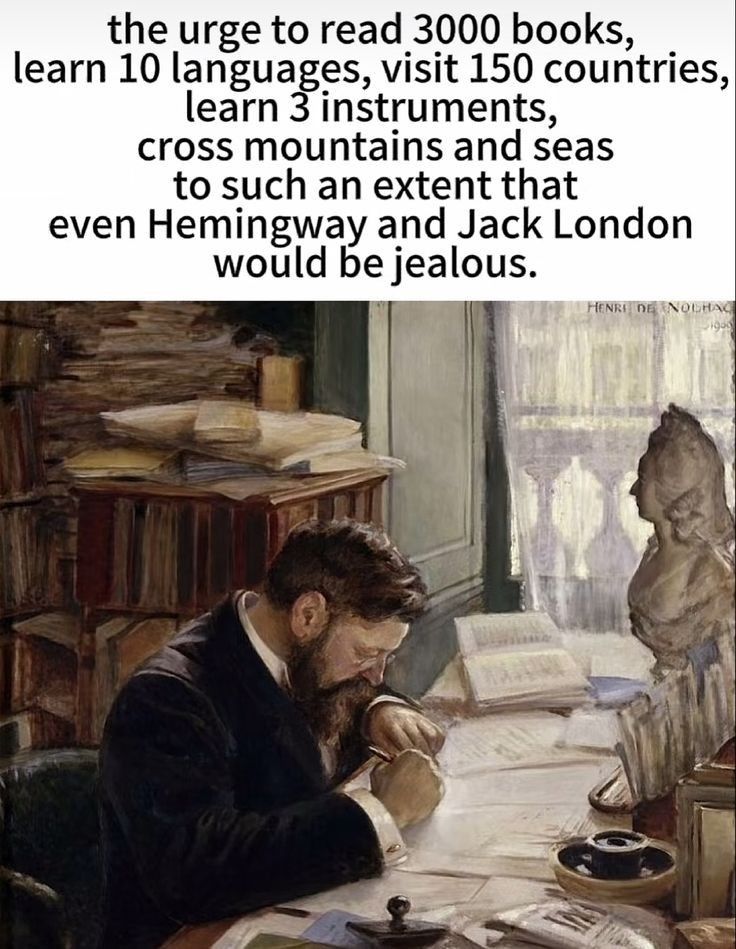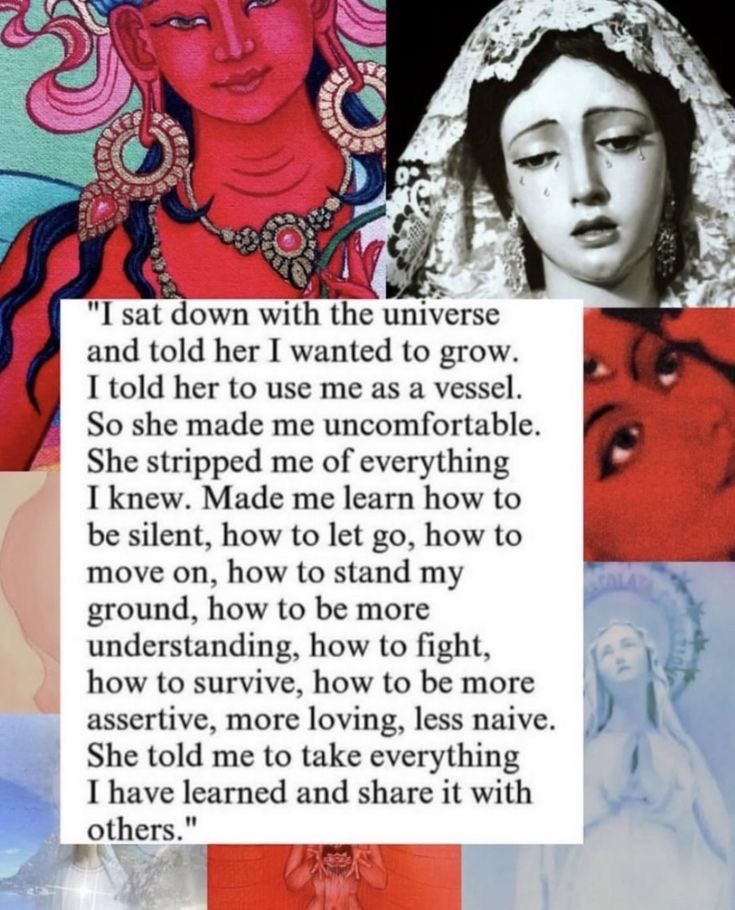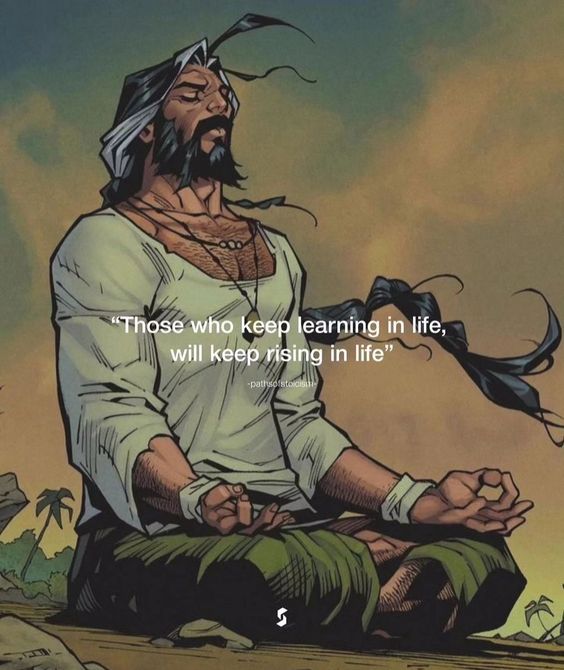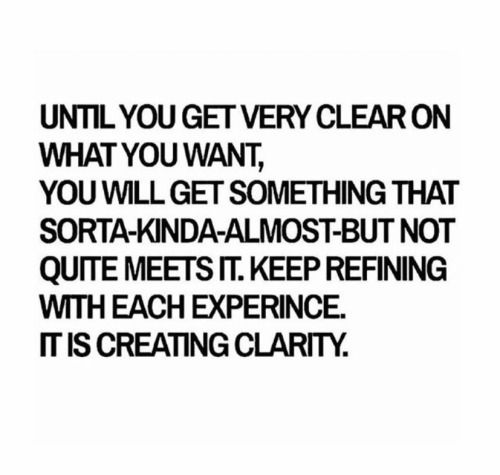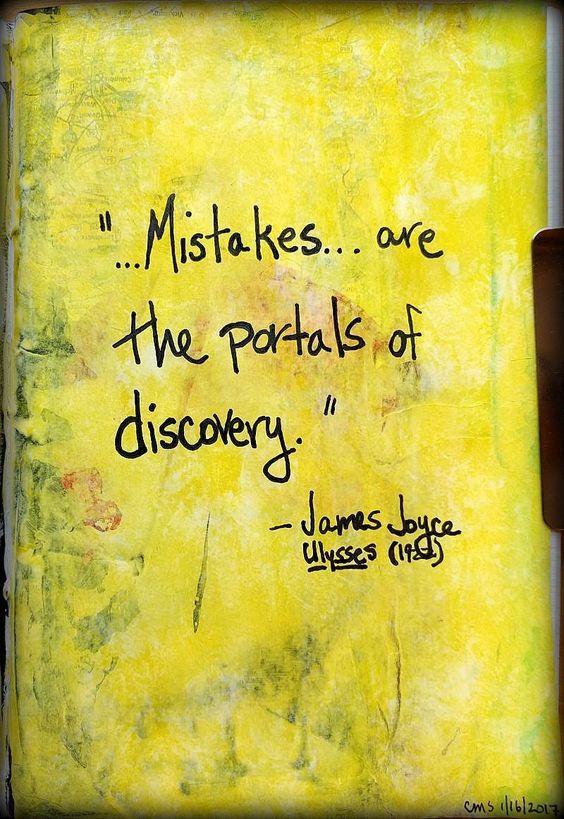“You may grow old and trembling in your anatomies, you may lie awake at night listening to the disorder of your veins, you may miss your only love, you may see the world about you devastated by evil lunatics, or know your honour trampled in the sewers of baser minds. There is only one thing for it then—to learn. Learn why the world wags and what wags it. That is the only thing which the mind can never exhaust, never alienate, never be tortured by, never fear or distrust, and never dream of regretting.”
T. H. White, via Ikigai (Page 97)
“In my body and in my soul I realized that I greatly needed sin, I needed lust, vanity, the striving for goods, and I needed the most shameful despair to learn how to give up resistance, to learn how to love the world, to stop comparing the world with any world that I wish for, that I imagine, with any perfection that I think up; I learned how to let the world be as it is, and to love it and to belong to it gladly.”
Hermann Hesse, Siddhartha (Page 125)
“Wisdom cannot be communicated. Wisdom that a wise man tries to communicate always sounds foolish. Knowledge can be communicated, but not wisdom. We can find it, we can live it, we can be carried by it, we can work wonders with it, but we cannot utter it or teach it.”
Hermann Hesse, Siddhartha (Page 124)
“I have never doubted you for a moment, I have never doubted for a moment that you are the Buddha, that you have attained the goal, the highest, which so many thousands of Brahmins and sons of Brahmins are journeying to reach. You have found the deliverance from death. It came to you from your own seeking, on your own path, through thinking, through meditation, through knowledge, through illumination. It did not come through a teaching! And—this is my thought, O Sublime One—no one is granted deliverance through a teaching! You cannot, O Venerable One, impart to anyone, tell anyone in words and through teachings what happened to you in the hour of your illumination. The Teaching of the illuminated Buddha contains a great deal, it teaches many how to live righteously, avoid evil. But there is one thing that the so clear, so venerable Teaching does not contain: it does not contain the secret of what the Sublime One himself has experienced, he alone among the hundreds of thousands. That is what I thought and realized when I heard the Teaching. That is why I am resuming my wandering—not to seek a different, better teaching, for I know that there is none; but to leave all teachings and all teachers and to reach my goal alone or die.”
Hermann Hesse, Siddhartha (Page 32)
“Specialization is biologically, socially and intellectually necessary. The highest reaches of education will always involve learning one thing in great depth. The great artist or scientist often achieves the heights of performance through intensive cultivation of a narrow sector of his potentialities.”
John W. Gardner, Self-Renewal (Page 24)
“We pay a heavy price for our fear of failure. It is a powerful obstacle to growth. It assures the progressive narrowing of the personality and prevents exploration and experimentation. There is no learning without some difficulty and fumbling. If you want to keep on learning, you must keep on risking failure—all your life. It’s as simple as that.”
John W. Gardner, Self-Renewal (Page 15)
“To learn, to discover something fundamental you must have the capacity to go deeply. If you have a blunt instrument, a dull instrument, you cannot go deeply. So what we are doing is sharpening the instrument, which is the mind—the mind which has been made dull by all this justifying and condemning. You can penetrate deeply only if your mind is as sharp as a needle and as strong as a diamond.”
J. Krishnamurti, Freedom From The Known (Page 54)
“The question of whether or not there is a God or truth or reality, or whatever you like to call it, can never be answered by books, by priests, philosophers or saviours. Nobody and nothing can answer the question but you yourself and that is why you must know yourself. Immaturity lies only in total ignorance of self. To understand yourself is the beginning of wisdom.”
J. Krishnamurti, Freedom From The Known (Page 12)
“For centuries we have been spoon-fed by our teachers, by our authorities, by our books, our saints. We say, ‘Tell me all about it—what lies beyond the hills and the mountains and the earth?’ and we are satisfied with their descriptions, which means that we live on words and our life is shallow and empty. We are second-hand people. We have lived on what we have been told, either guided by our inclinations, our tendencies, or compelled to accept by circumstances and environment. We are the result of all kinds of influences and there is nothing new in us, nothing that we have discovered for ourselves; nothing original, pristine, clear.”
J. Krishnamurti, Freedom From The Known (Page 10)
“So it is that there is nothing to be taught, but yet there is something to be learned. There is something we may come to understand, but not if we demand that it be explained to us. There is something that may happen to us, but not if we await its coming from outside of ourselves.”
Sheldon B. Kopp, If You Meet Buddha On The Road, Kill Him! (Page 190)
“What the guru knows that the seeker does not is that we are all pilgrims. There is no master, and there is no student.”
Sheldon B. Kopp, If You Meet Buddha On The Road, Kill Him! (Page 19)
“Doubt is not bad. Negativity is a totally different thing. Negativity means you have already taken a position—against. Doubt means you don’t have any position; you are ready to inquire, with open mind. Doubt is the best point from where to begin. Doubt simply means a quest, a question; negativity means you already have a prejudice, you are bigoted. You have already decided. Now all that you have to do is somehow to prove your prejudice right. Doubt is immensely spiritual. But negativity is something sick.”
Osho, Everyday Osho (Page 123)
“How many of us are good at spotting the feedback that’s saying, ‘Hey this is not working for you?’ How many of us make the same mistakes over and over, have been stuck in the same unproductive patterns for years, refusing to be taught by experience? How many of us are actively looking at models (as Seneca said, choosing ourselves a Cato) and being instructed by their example as we face new situations? How often are our beliefs changing, being updated to fit new information as it is provided by what we witness and undergo? Learning is so much more than what happens in books, so much than just facts and figures. It’s more than just what we seek out or want to hear. Life is a classroom. Experience is a teacher. Are we willing to be taught?”
Ryan Holiday
